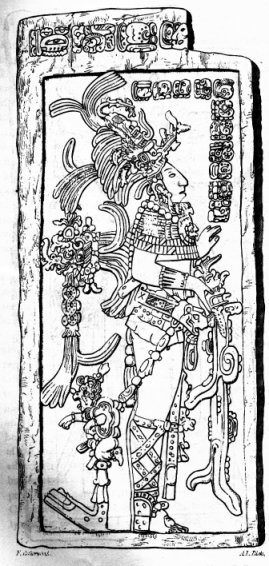702
Appearance
| Millennium: | 1st millennium |
|---|---|
| Centuries: | |
| Decades: | |
| Years: |
| 702 by topic |
|---|
| Leaders |
| Categories |
| Gregorian calendar | 702 DCCII |
| Ab urbe condita | 1455 |
| Armenian calendar | 151 ԹՎ ՃԾԱ |
| Assyrian calendar | 5452 |
| Balinese saka calendar | 623–624 |
| Bengali calendar | 108–109 |
| Berber calendar | 1652 |
| Buddhist calendar | 1246 |
| Burmese calendar | 64 |
| Byzantine calendar | 6210–6211 |
| Chinese calendar | 辛丑年 (Metal Ox) 3399 or 3192 — to — 壬寅年 (Water Tiger) 3400 or 3193 |
| Coptic calendar | 418–419 |
| Discordian calendar | 1868 |
| Ethiopian calendar | 694–695 |
| Hebrew calendar | 4462–4463 |
| Hindu calendars | |
| - Vikram Samvat | 758–759 |
| - Shaka Samvat | 623–624 |
| - Kali Yuga | 3802–3803 |
| Holocene calendar | 10702 |
| Iranian calendar | 80–81 |
| Islamic calendar | 82–83 |
| Japanese calendar | Taihō 2 (大宝2年) |
| Javanese calendar | 594–595 |
| Julian calendar | 702 DCCII |
| Korean calendar | 3035 |
| Minguo calendar | 1210 before ROC 民前1210年 |
| Nanakshahi calendar | −766 |
| Seleucid era | 1013/1014 AG |
| Thai solar calendar | 1244–1245 |
| Tibetan calendar | 阴金牛年 (female Iron-Ox) 828 or 447 or −325 — to — 阳水虎年 (male Water-Tiger) 829 or 448 or −324 |

Year 702 (DCCII) was a common year starting on Sunday of the Julian calendar, the 702nd year of the Common Era (CE) and Anno Domini (AD) designations, the 702nd year of the 1st millennium, the 2nd year of the 8th century, and the 3rd year of the 700s decade. The denomination 702 for this year has been used since the early medieval period, when the Anno Domini calendar era became the prevalent method in Europe for naming years.
Events
[edit]By place
[edit]Europe
[edit]- Hedan II, duke of Thuringia, completes the circular Marienkirche, in Fortress Marienberg near Würzburg (Germany).
Arabian Empire
[edit]- Arab conquest of Armenia: Large-scale Armenian rebellion against Muslim rule breaks out, with Byzantine support.[1]
- Muslim-Arabs under Musa ibn Nusayr conquer Tangier and Sous, taking control of all Morocco (approximate date).
- Ethiopian (Axumite) raiders occupy the port of Jeddah (modern Saudi Arabia).
Mesoamerica
[edit]- February 20 – Kʼinich Kan Bahlam II, ruler (ajaw) of Palenque, dies after an 18-year reign. He is succeeded by his brother Kʼinich Kʼan Joy Chitam II.
By topic
[edit]Religion
[edit]- Berhtwald, archbishop of Canterbury, calls the Council of Austerfield to decide the rights of Wilfrid, some-time bishop of York. He is offered Ripon Abbey if he will relinquish his claims as bishop. Wilfrid rejects this offer and appeals to Rome.
Births
[edit]- Ja'far al-Sadiq, sixth Shī‘ah Imām and Muslim scholar (d. 765)
- Ōnakatomi no Kiyomaro, Japanese nobleman (d. 788)
Deaths
[edit]- Al-Muhallab ibn Abi Sufra, Arab general and governor of Basra
- Berlinda of Meerbeke, Frankish nun and saint (approximate date)
- Chen Zi'ang, Chinese poet and official of the Tang dynasty (b. 661)
- Kʼinich Kan Bahlam II, ruler of Palenque (b. 635)
- Liutpert, king of the Lombards
- Muiredach Muillethan, king of Connacht (Ireland)
- Ōku, Japanese princess (b. 661)
References
[edit]- ^ Treadgold, Warren T. (1997), A History of the Byzantine State and Society, Stanford, CA: Stanford University Press, p. 339, ISBN 0-8047-2630-2
